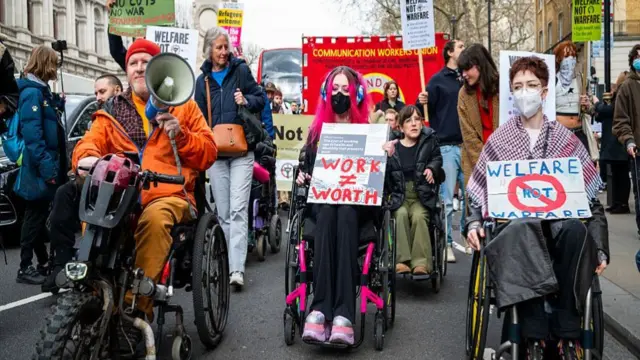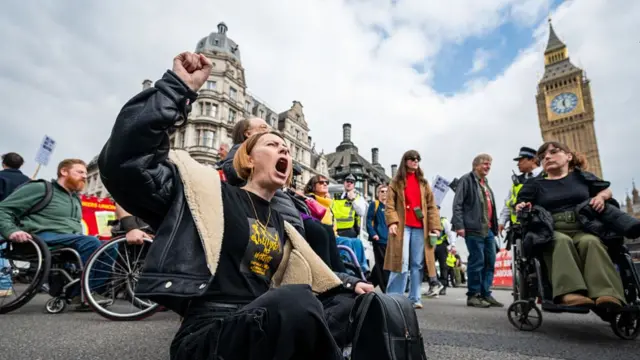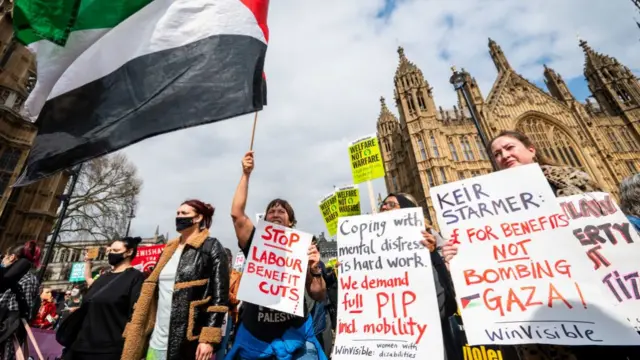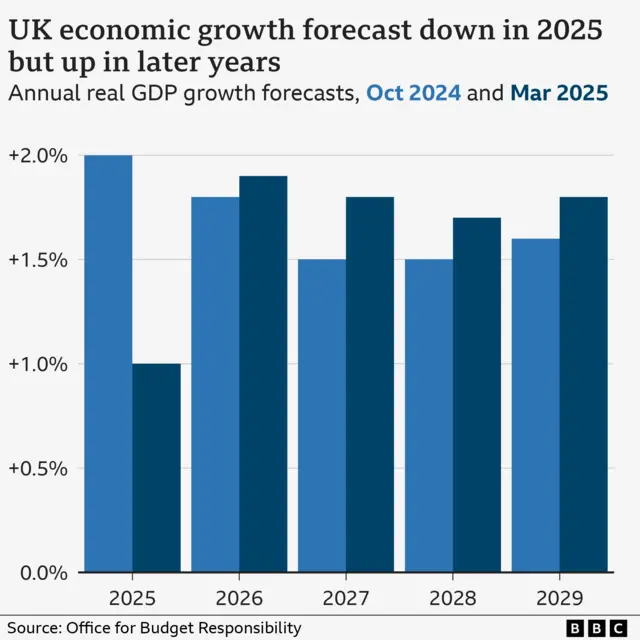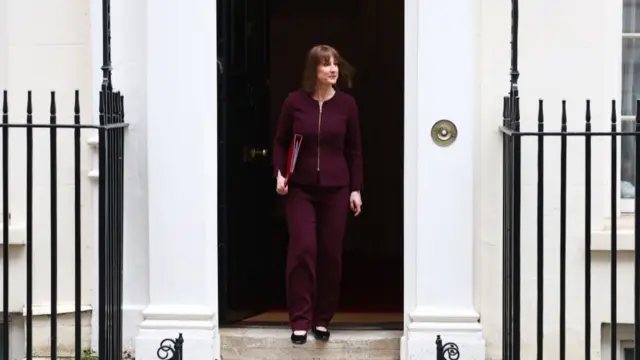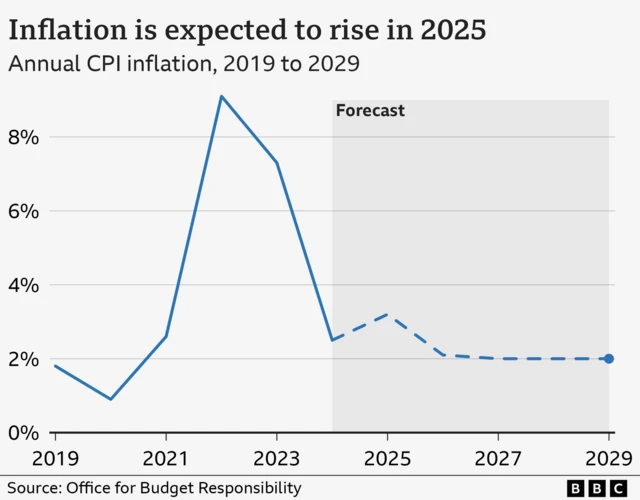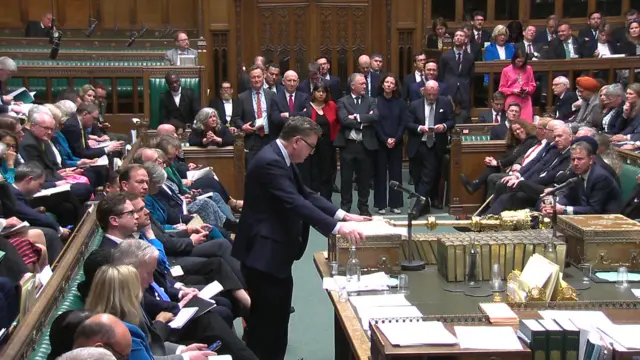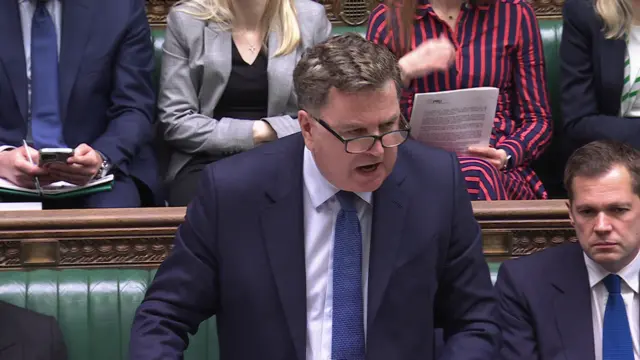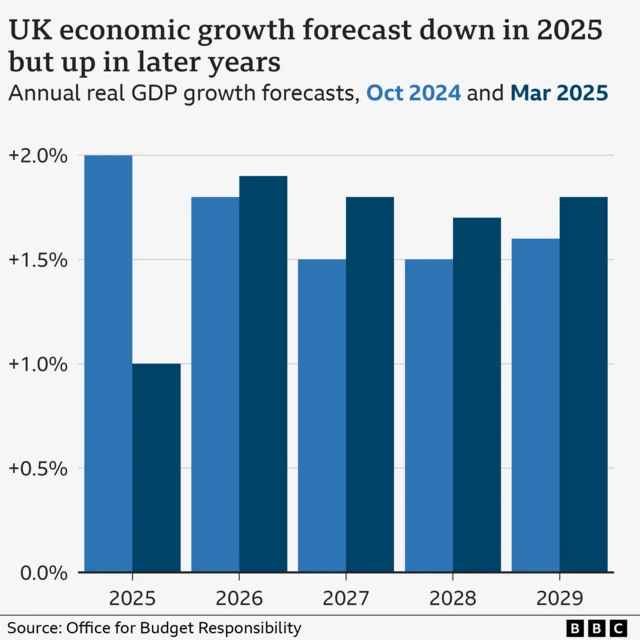OBR news conference gets under waypublished at 14:33 GMT 26 March
We're about to hear from the Office for Budget Responsibility (OBR) - a body of independent experts that effectively marks the government's homework.
Earlier on, it published its latest economic forecast - the key lines from which we've reported on further down this page.
Its chair, Richard Hughes, and committee members Prof David Miles and Tom Joseph are giving a news conference in central London.
We'll bring you updates and analysis - stay tuned.
